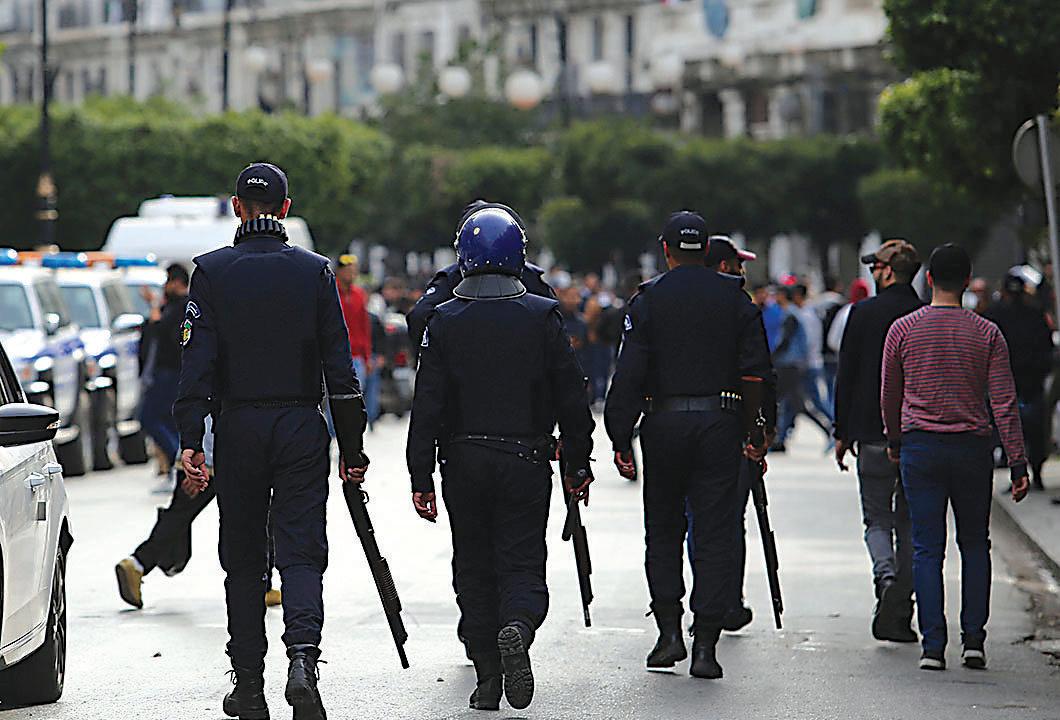ALGIERS—Algerian independence war veterans said protesters demanding ailing President Abdelaziz Bouteflika step down after 20 years in power had legitimate concerns and they urged all citizens to demonstrate—another sign of cracks in the ruling elite.
The unrest poses the biggest challenge yet to Bouteflika and his inner circle which includes members of the military, intelligence services, and businessmen.





